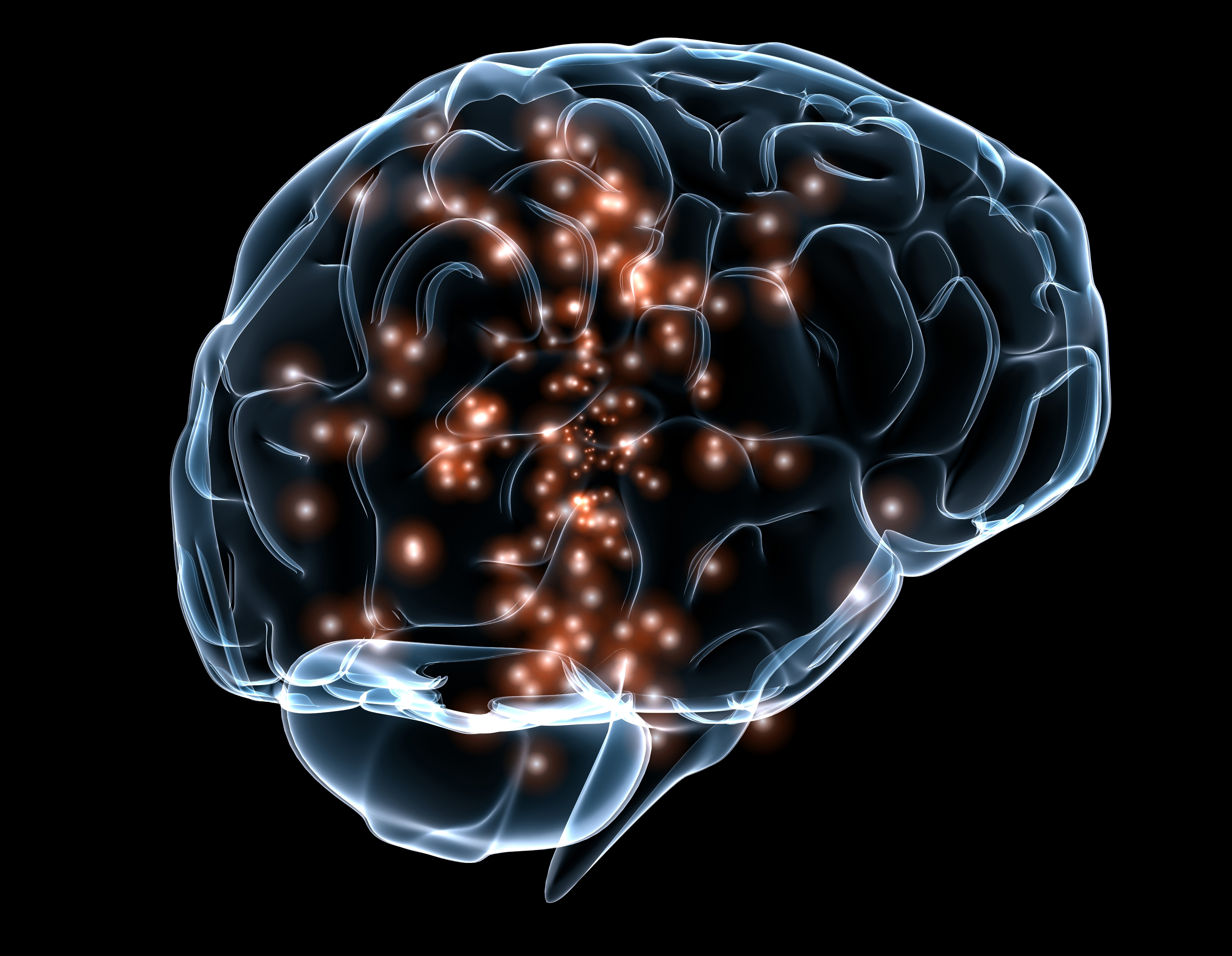10 Fun Facts About the Unexpected Brain Benefits of Meditation
Meditation, an ancient practice rooted in various spiritual traditions, has transcended its mystical origins to become a mainstream tool for enhancing mental clarity and emotional well-being. In recent years, scientific research has delved into the profound impacts meditation has on the brain, unveiling a plethora of benefits that extend beyond mere relaxation. This article embarks on a journey to uncover the unseen perks of meditation, focusing on 10 astonishing facts that highlight its transformative effects on the brain. At its core, meditation involves training the mind to focus and redirect thoughts, often leading to a state of heightened awareness and tranquility. The practice can vary from mindfulness meditation, which emphasizes present-moment awareness, to transcendental meditation, which involves silent mantra repetition. Despite the diversity in techniques, the underlying goal remains the same: to cultivate a state of inner peace and clarity.
1. Neuroplasticity – Rewiring the Brain

One of the most groundbreaking discoveries in neuroscience is the brain's ability to change and adapt throughout life, a phenomenon known as neuroplasticity. Meditation plays a pivotal role in enhancing this capacity, allowing practitioners to effectively rewire their brains. Studies have shown that regular meditation practice can lead to structural changes in the brain, particularly in areas associated with attention, emotion regulation, and self-awareness. These changes are not merely superficial but indicate a deep-seated transformation in how the brain processes information and responds to stimuli. For instance, research has demonstrated that meditation increases the thickness of the prefrontal cortex, the region responsible for executive functions such as decision-making, attention, and self-control. This enhancement in cortical thickness is associated with improved cognitive abilities and greater emotional resilience. Moreover, meditation has been found to increase connectivity between different brain regions, promoting more efficient communication pathways. This neuroplastic enhancement not only boosts cognitive performance but also provides a buffer against age-related cognitive decline, showcasing meditation as a tool for lifelong brain health.